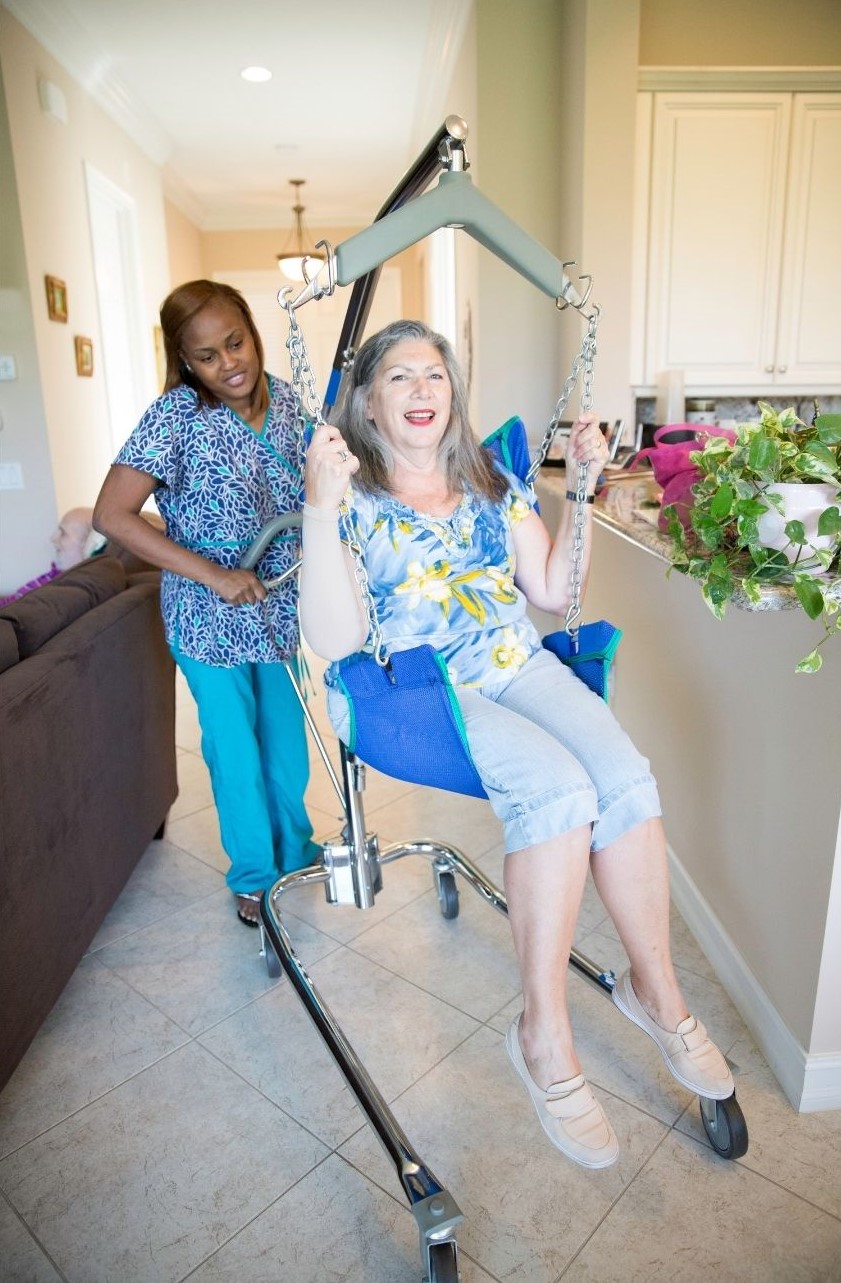Is it time for Hospice?
At Home or In Residence
Choosing A Provider
Why choose United Hospice?
United Hospice serves those suffering from advanced illnesses, including:
- Cancer
- Heart Disease
- Lung Disease
- Kidney Disease
- Liver Disease
- Neurological Diseases, such as Parkinson’s, ALS, Alzheimer’s, and Dementia
When you first call United Hospice, our Medical Director, specializing in hospice and palliative care, will determine if you or your loved one is a good candidate for hospice. Suppose it is determined that you or your loved one qualify for hospice. In that case, we will offer you options to educate and empower you to make informed choices about how you would like to proceed. Together with our highly trained staff, we will develop a personalized plan of care designed to help you or your loved one live each day to the fullest.

Our Personalized Care Plans Include:
- Nursing care, including on-call nurses who are available 24 hours a day
- Home health aides
- Social workers
- Physician care
- Spiritual support
- Nutritional counseling
- Therapies, including occupational, physical, respiratory, speech, massage, music and pet
- Volunteer support
- Medications
- Medical equipment and supplies
Our staff strives each day to honor life, bring comfort, and provide patient-centered care so that you can focus on what is essential: making memories with your family when time matters most.
If you are researching information about hospice care, please to call us at: 845-634-4974. It is never a bad idea to call. The sooner United Hospice become involved, the sooner we can help. We often hear, “I wish I had called you sooner.” So please, pick up the phone and call. Let us help you identify your needs, answer any questions, and guide you in the right direction.

